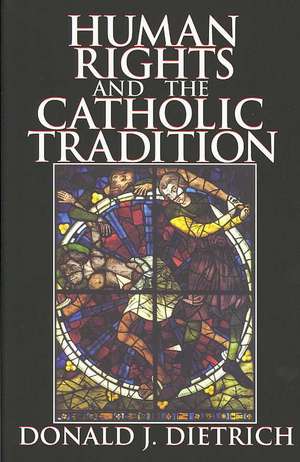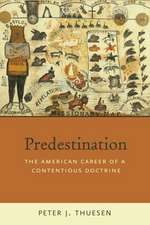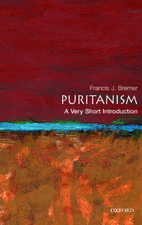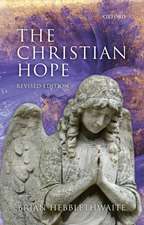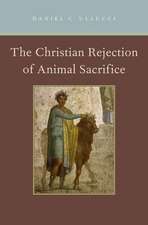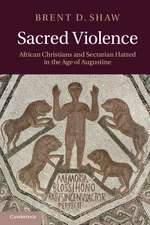Human Rights and the Catholic Tradition
Autor Donald Dietrichen Limba Engleză Hardback – 15 sep 2007
| Toate formatele și edițiile | Preț | Express |
|---|---|---|
| Paperback (1) | 299.52 lei 6-8 săpt. | |
| Taylor & Francis – 6 oct 2017 | 299.52 lei 6-8 săpt. | |
| Hardback (1) | 765.01 lei 6-8 săpt. | |
| Taylor & Francis – 15 sep 2007 | 765.01 lei 6-8 săpt. |
Preț: 765.01 lei
Preț vechi: 1027.89 lei
-26% Nou
Puncte Express: 1148
Preț estimativ în valută:
146.39€ • 156.54$ • 122.05£
146.39€ • 156.54$ • 122.05£
Carte tipărită la comandă
Livrare economică 17 aprilie-01 mai
Preluare comenzi: 021 569.72.76
Specificații
ISBN-13: 9780765803788
ISBN-10: 076580378X
Pagini: 236
Dimensiuni: 152 x 229 x 22 mm
Greutate: 0.5 kg
Ediția:1
Editura: Taylor & Francis
Colecția Routledge
Locul publicării:Oxford, United Kingdom
ISBN-10: 076580378X
Pagini: 236
Dimensiuni: 152 x 229 x 22 mm
Greutate: 0.5 kg
Ediția:1
Editura: Taylor & Francis
Colecția Routledge
Locul publicării:Oxford, United Kingdom
Cuprins
Introduction; 1: The State of the Question: Nazi Terror, the Holocaust, and Resistance; 2: Catholic Ambivalence in the Third Reich; 3: The Scope of Christian Resistance in Germany; 4: Resistance in the Daily Lives of German Catholics; 5: The Construction of the Modern Catholic Theological Milieu; 6: The Meaning of Person Developed by Catholic Theology; 7: Catholic Theology Responds to the Challenge of Nazism; 8: Theology, the Turn to History, and Human Rights; Conclusion
Descriere
From the French Revolution to Vatican II, the institutional Catholic Church has opposed much that modernity has offered men and women constructing their societies
